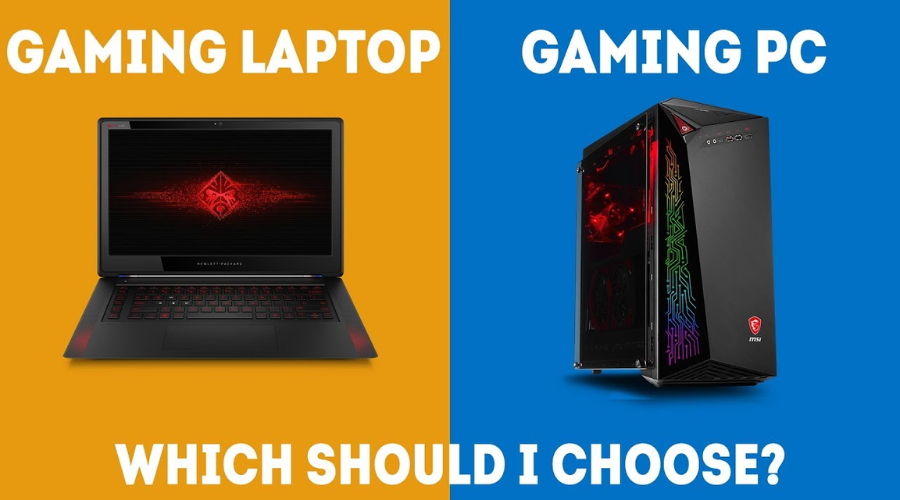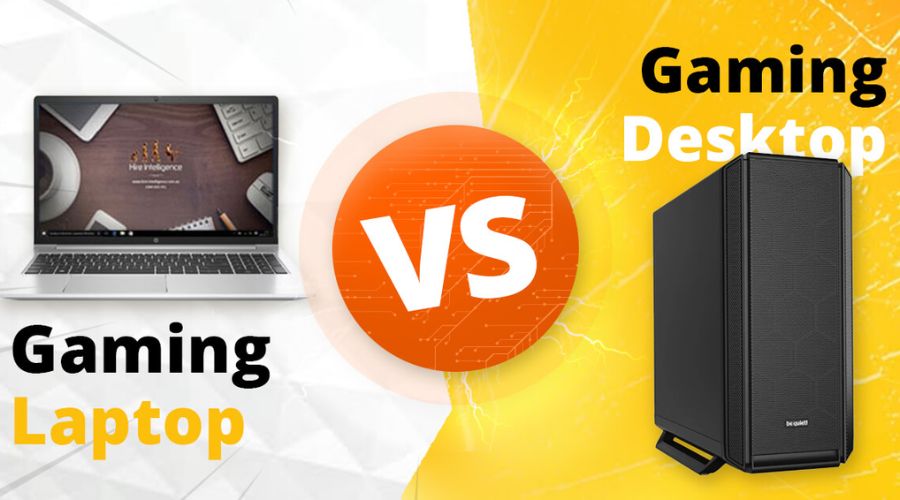Gaming Laptops vs. Gaming PCs: Which One Should You Buy?
In the ever-evolving world of gaming technology, the debate between gaming laptops and gaming PCs continues to challenge enthusiasts and casual gamers alike. With both options offering impressive specifications in 2025, choosing between mobility and raw power has become more complex than ever. Gaming laptops provide the convenience of portability for on-the-go players, while gaming PCs deliver unmatched performance and upgradeability for those who prioritize the ultimate gaming experience. This comparison will help you navigate the gaming laptops vs. gaming PCs landscape to find the perfect match for your gaming lifestyle.





